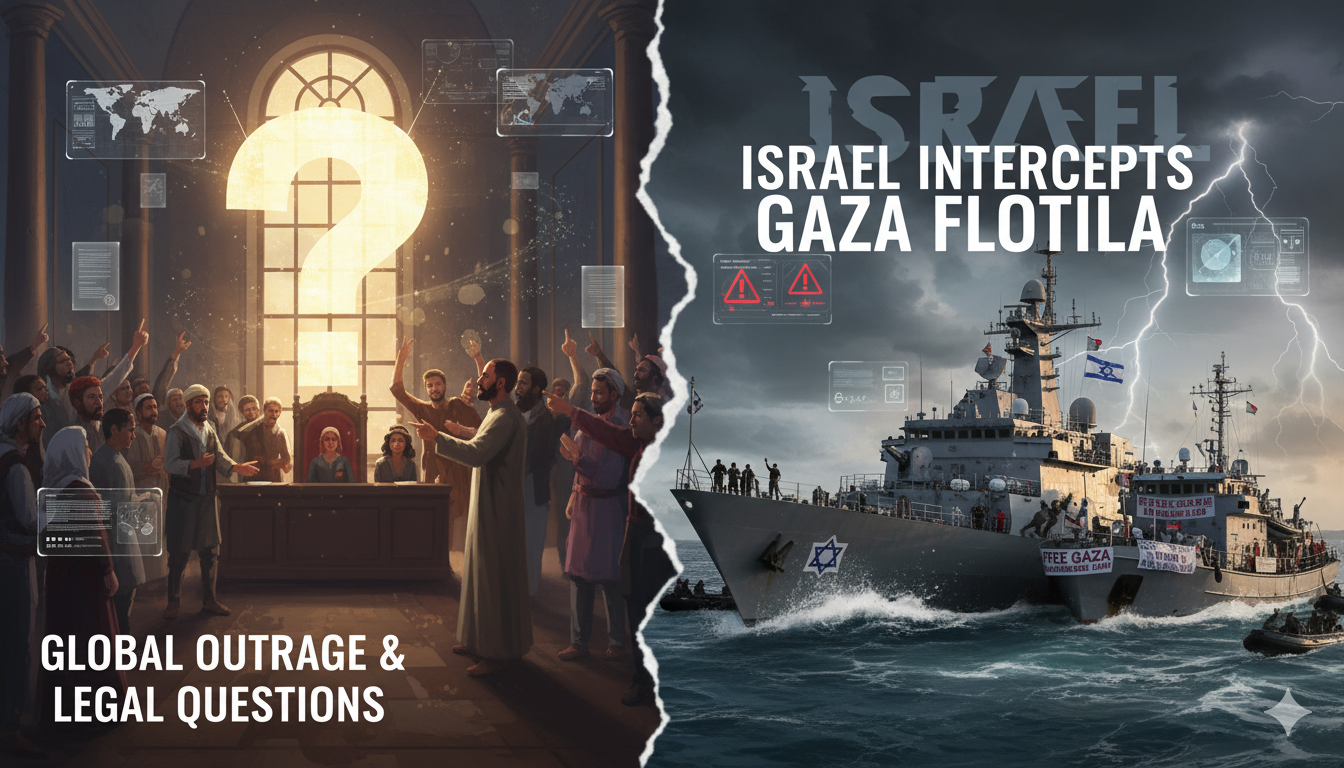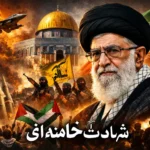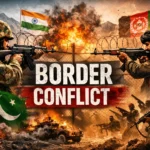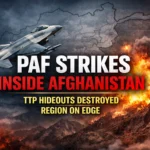In October 2025, Israeli naval forces intercepted the Global Sumud Flotilla, a convoy of more than forty humanitarian aid vessels heading toward Gaza. While Israel described the operation as “blockade enforcement”, flotilla organizers and human rights groups condemned it as a violation of international law and an assault on humanitarian principles.
The incident has sparked global protests, revived memories of the 2010 Mavi Marmara raid, and reignited the long-standing debate over the legality and morality of Israel’s naval blockade of Gaza.
The Flotilla Movement: A Brief History
The idea of flotillas challenging Israel’s blockade is not new.
- In 2010, the Mavi Marmara incident shocked the world when Israeli commandos stormed a Turkish-led flotilla, killing ten activists.
- Over the years, smaller convoys attempted to break the blockade, often facing interceptions, arrests, or forced diversions to Israeli ports.
- In May 2025, one flotilla vessel was reportedly struck by drones in international waters, raising controversy over whether Israel had extended its reach beyond legal boundaries.
- In June 2025, the aid ship Madleen was intercepted and seized, intensifying global scrutiny.
The 2025 Global Sumud Flotilla, however, represents the largest coordinated effort in years, with activists, doctors, and aid workers from Europe, the Middle East, and Asia uniting under the banner of humanitarian solidarity.
The 2025 Interception: What Happened?
According to flotilla organizers:
- Over 40 boats set sail in coordinated waves.
- Israeli naval forces intercepted at least 13 vessels in international waters, reportedly using force to board them.
- Supplies included medical kits, food parcels, and essential goods urgently needed in Gaza.
- Activists were detained and deported, while aid was confiscated.
Israel justified its actions by citing the Gaza blockade, which it argues is necessary to prevent weapons smuggling to Hamas. However, critics point out that blocking food and medicine undermines humanitarian law.
International Reactions: Outrage and Condemnation
The interception triggered swift and widespread condemnation:
- The United Nations expressed concern over violations of maritime law.
- The European Union urged Israel to allow humanitarian passage.
- The Organisation of Islamic Cooperation (OIC) condemned the action as a “crime against humanity.”
- Turkey compared the incident to the Mavi Marmara raid and called for sanctions.
- Street protests erupted in London, Paris, Istanbul, and Karachi, with activists demanding accountability.
Western governments, while cautious, acknowledged that Israel’s blockade remains deeply controversial and politically damaging.
The Legal Debate: Can Israel Do This?
At the heart of the flotilla crisis lies a legal paradox.
- Israel’s Argument: It claims the blockade is a legitimate act of war under international law, targeting Hamas and preventing arms shipments.
- Critics’ Argument: Under international maritime law, a blockade that starves a civilian population is illegal and constitutes collective punishment.
Several scholars argue that intercepting ships in international waters, far from Gaza’s territorial zone, amounts to overreach and piracy under another name.
The question remains unresolved, but the moral cost of enforcing the blockade is increasingly seen as outweighing any security justification.
Humanitarian Consequences: Gaza Under Siege
The interception highlights the dire humanitarian crisis in Gaza:
- UN reports describe Gaza as “unlivable” due to shortages of food, clean water, and medical supplies.
- The ongoing Gaza war of 2025 has displaced hundreds of thousands and strained already fragile infrastructure.
- Aid groups argue that preventing flotilla deliveries is not about security, but about tightening the siege.
For deeper insight into how food deprivation is being used as a weapon, read our earlier feature: Starvation: The Slow Poisoning of Gaza.
For many observers, the flotilla interception is not about naval tactics but about morality vs. militarism.
Strategic and Political Implications
The flotilla seizure has ripple effects across the region and beyond:
- For Israel: While it enforces deterrence, it risks global isolation and reviving the “pariah state” narrative.
- For Gaza: Though supplies were blocked, the interception draws global sympathy and shifts focus back to the humanitarian catastrophe.
- For Turkey, Iran, and Arab states: An opportunity to champion the Palestinian cause on international platforms.
- For Pakistan: A chance to leverage its diplomatic channels to highlight humanitarian diplomacy as a moral responsibility.
- For the United States and Europe: A delicate balancing act between supporting Israel and respecting international law.
Comparing 2010 and 2025: Lessons Not Learned
The Mavi Marmara raid of 2010 was widely condemned as excessive use of force. Instead of silencing the flotilla movement, it gave it global visibility.
The 2025 interception risks repeating the same mistake:
- Turning humanitarian activists into symbols of resistance.
- Turning flotillas into rallying points for global solidarity.
- Damaging Israel’s image as it faces legal and moral scrutiny.
History suggests that every interception strengthens, rather than weakens, the flotilla movement.
Conclusion
The 2025 flotilla interception is not an isolated naval maneuver; it is a symbol of the widening gulf between legality and legitimacy in modern conflict. Israel may defend its blockade under the rules of war, but each seizure of aid-laden ships deepens its moral isolation. Every detained activist, every confiscated package of food or medicine, fuels the narrative that Gaza is not just under siege, but deliberately starved of hope.
As we highlighted in Starvation: The Slow Poisoning of Gaza, the blockade has evolved into a weapon of mass deprivation. The interception of humanitarian flotillas only reinforces that truth: Gaza’s siege is not just a political tool, but a deliberate erosion of human survival.
For the international community, this is more than a debate about maritime law — it is a test of conscience. History will remember whether global powers allowed the blockade of Gaza to continue unchallenged, or whether they stood with the principle that humanitarian aid cannot be criminalized.
In the echoes of the Mavi Marmara and now the Global Sumud Flotilla, one truth resounds: the struggle for Gaza is not just about borders and blockades, it is about humanity itself.










